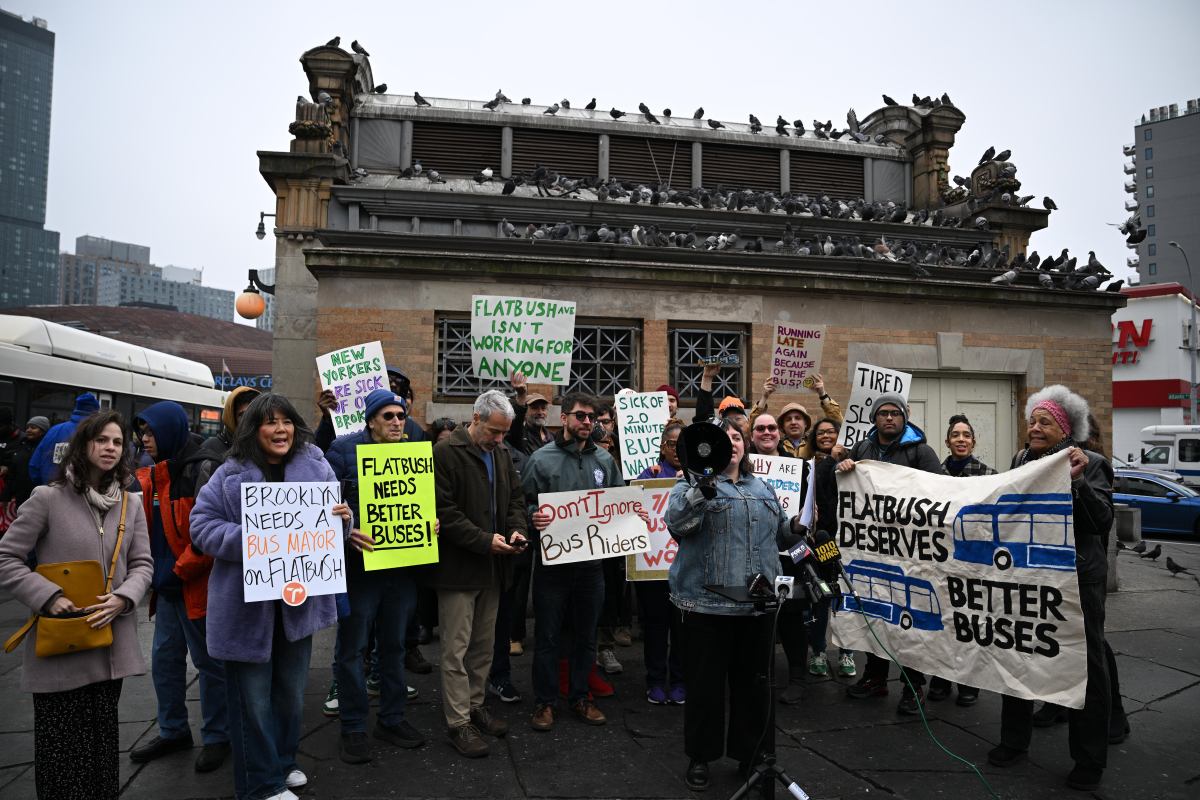DES MOINES, Iowa (AP) — So many people knew something wasn’t right at the 116-year-old Davenport apartment building.
The structural engineer who documented the shaky wall. The head of a masonry company who wouldn’t let his workers onto the site. The city inspector who threatened to close some units. A downtown official who called 911 and asked firefighters to take a look. And tenants who told of cracks in their floors and walls.
But no one ordered residents out, and it was only when a section of the six-story brick, steel and concrete building tumbled to the ground on the afternoon of May 28 that everyone seemed to connect the dots. Three men were dead, about 50 tenants were left homeless without their possessions and the city was faced with one of its taller buildings at risk of crumbling in the heart of its downtown.
Asked days after the collapse why residents hadn’t been warned, Davenport Mayor Mike Matson said, “I don’t know that anyone can anticipate a building collapsing.”
Tenants have begun filing lawsuits over the collapse, and they argue no one should be surprised by what happened.
“The owner of this building was aware, the city of Davenport was aware, the engineering companies and construction people were aware. This was a completely preventable tragedy,” said lawyer Andrew M. Stroth, who is part of a team who filed one of the first lawsuits on behalf of tenants Lexus Berry and Peach Berry, whose leg was amputated when she was trapped in rubble.
The lawsuit says that “perhaps worst of all is that they did nothing to warn the tenants at The Davenport that the intended comfort of their own homes was, in reality, hanging by a proverbial thread.”
A request for an interview with Matson went unanswered.
Some tenants certainly had concerns.
Shauna Dixon recalled issues around the wall of her apartment, which was on the side of the building that ultimately collapsed. The wall was bowing, the window frame was pulling away from the wall and the floor was uneven.
She messaged her leasing agent, questioning if the wall was “safe as far as structure? Just asking because the floor and wall is really soft. I don’t want to fall out the side of the building one day,” a remark followed by the rolling on the floor laughing emoji.
Messages from the leasing agent and management office said maintenance would be sent to address the issues. Dixon said there was no progress over weeks.
Dixon was told she could pull up her carpet and, when she did, she found “very big cracks in the cement” and a crumbling foundation, which concerned her the most. “I had brought that to their attention – to the management office – and nothing came from it. They more or less just didn’t care,” Dixon said in an interview.
Dixon asked to break her lease or be transferred to another apartment building. Management moved her to a building across the street, and within a couple of weeks she would step outside and be face-to-face with the rubble of her former apartment, where some of her belongings remained.
“It was gut-wrenching,” she said. “My jaw dropped, and I just – I cried instantly. My body was literally shaking.”
Trent Fuessel, 21, and his 20-year-old girlfriend, Aurea Monet, moved out of apartment 311 — the apartment above Dixon’s — on May 20 because they were concerned for their safety. They had detailed the reasons why in an email to Village Property Management, saying they would be breaking their lease and leaving.
The response on May 4 was “there are no structural deficiencies within the building,” a screenshot of the email shows. “We have had the building approved by a structural engineer.”
“Personally I feel blessed that we were able to get out of there, and I also feel really, really angry that it wasn’t taken seriously,” Fuessel said. “It almost just seemed like a disregard for human life for a petty $750 a month.”
Village Property Management did not return requests for comment.
City officials had known about crumbling bricks and bulging walls at The Davenport since at least 2021 and threatened to close some units unless owner Andrew Wold made repairs, but documents show the owner initially appeared to take no action.
In February 2023, utility MidAmerican Energy also told the city about deteriorating brick on the building’s west wall and said its workers would stay away from the site until dangerous conditions were fixed.
Soon after, Wold hired Select Structural Engineering to make an emergency inspection and recommend needed work. In a report dated Feb. 8, Engineer David Valliere noted an area of brick “cracked and crumbling” that needed repairs but determined it was not an “imminent threat to the building or its residents.”
In a report later in February, Valliere described “a large void space” where brick had collapsed within the wall, putting pressure on the façade. “This will soon cause a large panel of façade to also collapse, creating a safety problem and potentially destabilizing the upper areas of brick façade,” the report states.
And in a report dated May 24, four days before the collapse, Valliere referred to several problems, including large patches of bricks that “appear ready to fall imminently, which may create a safety hazard to cars or passersby.” The engineer recommended techniques to stabilize the building with a steel column and other supports, but the report’s tone wasn’t overly alarming.
The company on Thursday said it had no comment. Robert Lampe, executive director of Iowa’s engineering licensing board, also declined to comment about the company or the engineer’s involvement, pointing to the state’s regulation that all complaint or investigative files related to licensee discipline are privileged and confidential.
In the days before the collapse, no one seemed more concerned than Ryan Shaffer, a masonry company co-owner who said the building owner asked him for a quote on the building.
Shaffer said Wold rejected the quote as too costly, in part because Shaffer had estimated the need to spend about $50,000 on shoring and supporting the building. Without those protections, Shaffer told the Quad-City Times, he wouldn’t let his workers on the site.
Shaffer was left shaken by what he saw and said that on Friday, only two days before the collapse, he told workers at the building, “Get away. You’re going to die.”
Shaffer didn’t return a message left by The Associated Press.
That comment about the potentially dangerous structure filtered up the next day to Tony Behncke, operations director for the Downtown Davenport Partnership, part of the Chamber of Commerce focused on the downtown’s appearance. Behncke received a call Saturday, the day before the collapse, from a worker cleaning up trash in an alley beside the building who said Shaffer had warned him about the danger.
Behncke called 911 and passed along the concern to a dispatcher, prompting a visit by firefighters that lasted only minutes and didn’t result in any action. City officials didn’t respond to messages seeking details about the firefighters’ trip to the building.
“It’s very strange and sad that it happened at all,” Behncke told the AP. “It’s a very sad situation and I feel horrible about it.”
Days after the collapse, Rich Oswald, the city’s director of development and neighborhood services, confirmed the city’s chief building official, Trishna Pradhan, resigned. Oswald didn’t accuse Pradhan of any culpability in the collapse but said her decision followed an administrative error that wrongly categorized an inspection of the building.
Oswald said Pradhan resigned because of the “magnitude of the situation and the error that was made.”
Pradhan didn’t respond to calls and text messages to a listed number.
Reporters have repeatedly asked city officials why they didn’t demand that tenants leave The Davenport or at least warn them of concerns. They have expressed their sorrow for victims and promised to examine their inspection process, but they also have repeated that a certified engineer vouched that the building was safe, so the city had no reason to think it wasn’t.
“That’s their professional career to make those decisions,” Oswald said. “So, an engineer’s report, stamped by that engineer is a qualified report. They have state licensing. That’s their job.”
Less than 48 hours after the partial collapse, the city fined Wold $300 for failing to maintain his building in a sound, sanitary or safe condition. Wold declined to appear in court Friday to enter a plea and the judge denied lawyers appearing on his behalf, according to court documents. He will not appear at a rescheduled hearing either, his lawyers say in a court document, and will accept a judgement against him entered by default.
Hollingsworth reported from Mission, Kansas.


















